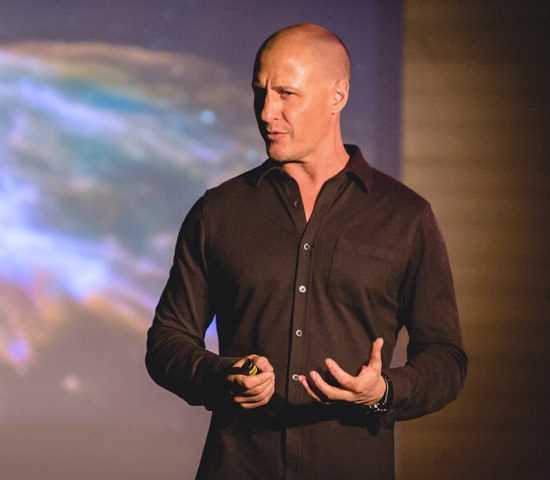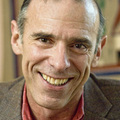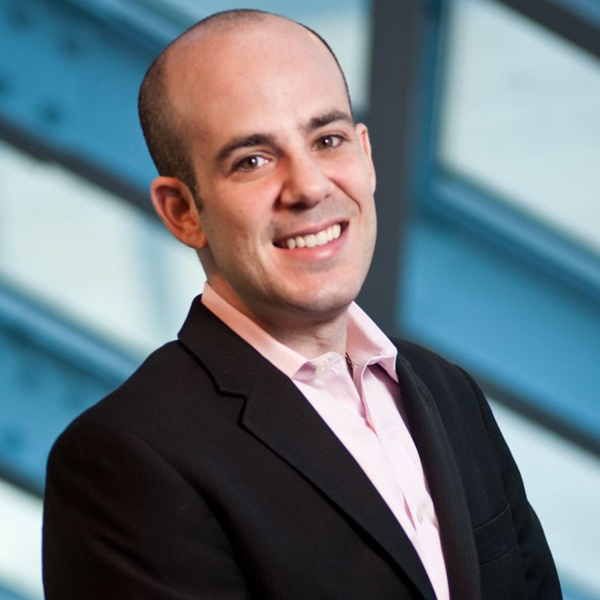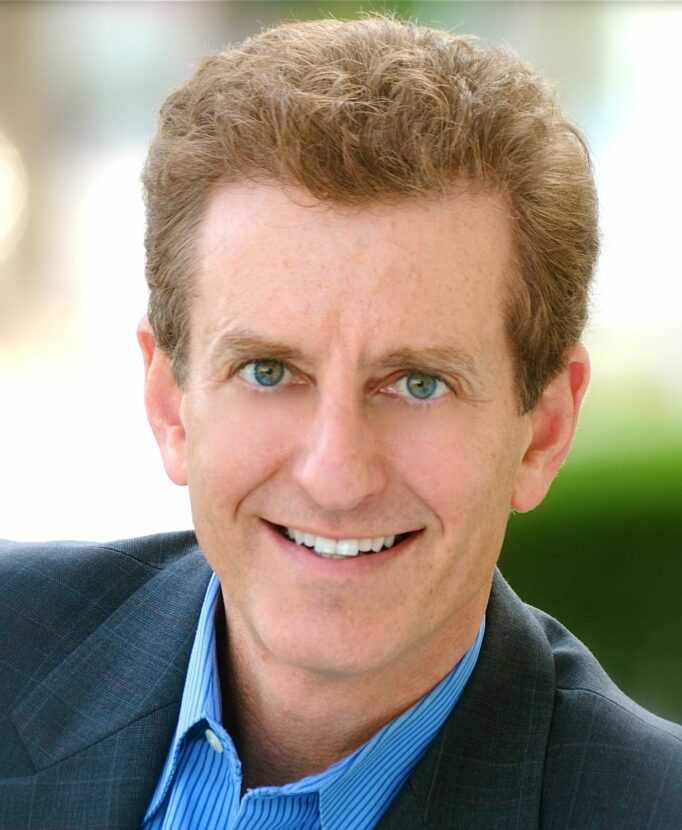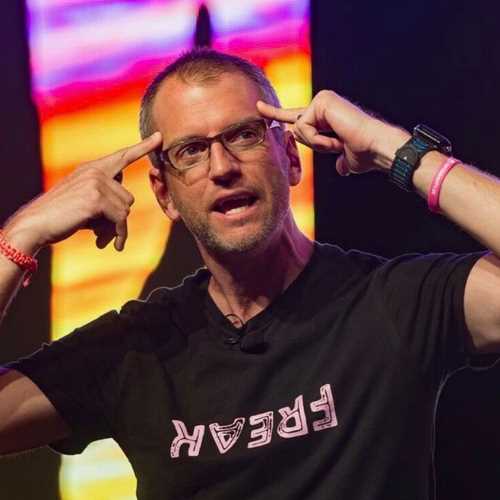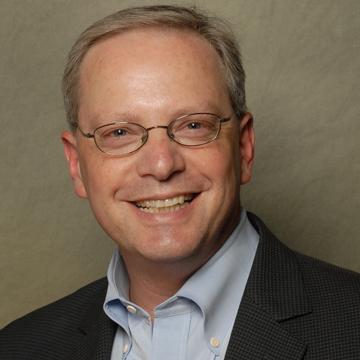
Robert Wachter
- One of the 50 most influential physician executives in the U.S.
- Recognized thought leader in healthcare quality, safety and organization of care.
- Best-Selling Author, The Digital Doctor
Travels From
California
Robert Wachter Speaker Biography
The wired world of healthcare is our future. It’s up to us – as patients, physicians, policy makers, vendors, leaders and influencers – to not only make it happen, but make it work. Dr. Robert Wachter is helping champion the cause.
Named by Modern Healthcare as one of the 50 most influential physician executives in the U.S. for 2016 (9th year in a row) and one of the 100 most influential people in healthcare, Dr. Wachter is a recognized thought leader in healthcare quality, safety and organization of care. A practicing physician, he is intimately familiar with and involved in both the promises and challenges related to the computerization of healthcare. His latest book – “The Digital Doctor: Hope, Hype and Harm at the Dawn of Medicine’s Computer Age” (April 2015) – offers an unvarnished view of the early days of healthcare’s transformation (a so-far untold story), and an insightful and provocative exploration of what it will take, from all of us, to successfully shift from “disruption” to “disruptive innovation.”
Currently a professor and chair of the Department of Medicine at the University of California, San Francisco where he directs the 60-physician Division of Hospital Medicine, Dr. Wachter coined the term “hospitalist” in 1996 and is generally regarded as the “father” of the hospitalist field, the fastest growing specialty in the history of modern medicine.
A speaker and writer renowned for his iconoclastic and often humorous insights into the transforming world of healthcare, Dr. Wachter’s blog, www.wachtersworld.org, is one of the nation’s most popular healthcare blogs. He edits the U.S. government’s two leading websites on safety – the Agency for Healthcare Research and Quality’s WebM&M and PSNet – and is the author of 250 articles and six books, including two best-sellers on the subject of safety and quality: “Understanding Patient Safety” (McGraw-Hill Professional, 2012 – second edition), the field’s leading primer, and “Internal Bleeding” (Rugged Land, 2005).
Dr. Wachter is past president of the Society of Hospital Medicine (1999-2000) and past chair of the American Board of Internal Medicine (2012-2013). In 2004, he received the John M. Eisenberg Award, the nation’s top honor in patient safety. He is on the board of the Lucian Leape Institute of the National Patient Safety Foundation, and has also served on the healthcare advisory boards of several companies, including Google.
The Digital Doctor: Hope, Hype and Harm at the Dawn of Medicine’s Computer Age
Everyone had high hopes computers would be the magic bullet to improve the safety, quality and efficiency of healthcare. In the past five years – catalyzed by a $30 billion federal incentive program – medicine has finally, reluctantly, gone digital. Drawing from personal experiences and real-life case examples, Dr. Wachter explores some of the unforeseen consequences of information technology – including the movement to hire scribes so doctors and patients can look each other in the eye again, alert fatigue, and the tendency for clinicians to defer to a new kind of authority (an electronic one) – and discusses proposed solutions. He also touches on core issues in medicine, such as what it means to be a doctor – and patient – in the digital age, the theme of his recently published book of the same title (April 2015).
The Quality, Safety and Value Movements: Why Transforming the Delivery of Healthcare Is No Longer Elective
If there’s one thing most people inside and outside of healthcare can agree on, it’s that the American healthcare system is broken and must be fixed. Dr. Wachter reviews the brief history of the quality and safety movements, the new push for “value” (quality + safety + patient satisfaction divided by cost), and how all of these levers (accreditation, regulation, transparency, payment changes) are combining to create unprecedented pressure on caregivers and delivery organizations to change their ways of doing business. But for all of the pain, there is also hope: attendees will gain a deep understanding of healthcare’s evolving landscape and a roadmap (and some optimism) for success in this new world.
If Every Instinct Healthcare Has Is Wrong, Then the Opposite Would Have to Be Right. Or Would It?
The title is a riff of a famous Seinfeld episode, one in which Jerry convinces his hapless friend George to try the opposite of his every instinct, but the topic has serious implications for physicians. In healthcare, physicians have been taught to be individualistic, to think about individual patients versus systems, to look outside their institution for answers, and not to consider resource allocation tradeoffs. Dr. Wachter talks about the imperative to move in new directions and provides some cautionary notes about what may be lost if the pendulum swings too far.
The Hospitalist Movement Two Decades Later: Key Issues for the Second Decade
Dr. Wachter coined the term “hospitalist” in the New England Journal of Medicine in 1996. He describes the forces driving the growth of the field – the fastest-growing specialty in the history of medicine – and what’s to come. He also uses the case of hospitalists to discuss some key issues in healthcare innovation and change management.







